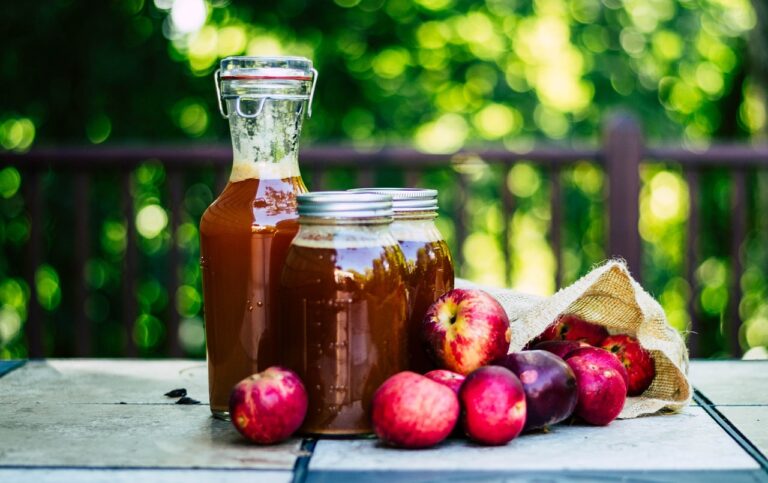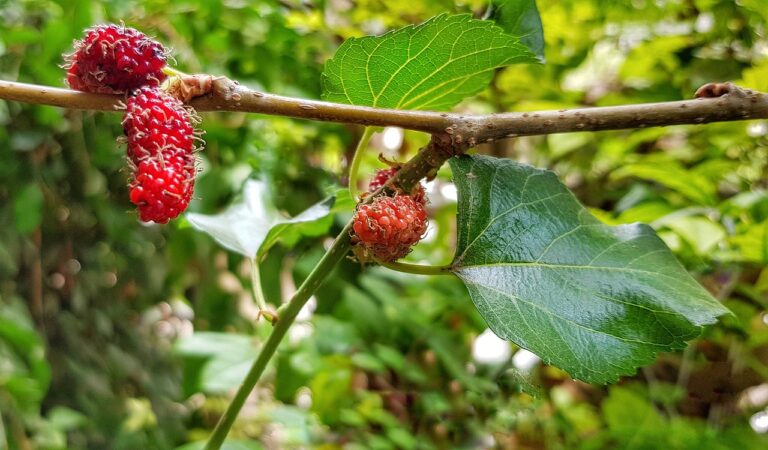Mitigating Climate Change with Biotechnology Solutions: Cricket bet 999 login, 11x play online, Betbhai9 register
cricket bet 999 login, 11x play online, betbhai9 register: Climate change is one of the most pressing issues we face today. It is undeniable that human activity has contributed to the rise in global temperatures and the changing climate patterns around the world. However, there is hope in the form of biotechnology solutions that can help us mitigate the effects of climate change.
Biotechnology is the use of living organisms or their products to solve problems and make improvements. In the context of climate change, biotechnology can play a crucial role in reducing greenhouse gas emissions, preserving biodiversity, and improving agricultural practices.
Here are some ways biotechnology can help mitigate climate change:
1. Carbon Sequestration: Biotechnology can be used to develop plants with enhanced carbon sequestration capabilities. These plants can absorb more carbon dioxide from the atmosphere, helping to reduce greenhouse gas emissions.
2. Bioenergy: Biotechnology can help develop sustainable bioenergy sources, such as biofuels and biogas. These renewable energy sources can replace fossil fuels and help reduce our reliance on carbon-intensive fuels.
3. Genetic Modification: Biotechnology can be used to genetically modify crops to make them more resilient to climate change. Drought-resistant and heat-tolerant crops can help farmers adapt to changing climate conditions and maintain food security.
4. Microbial Solutions: Microbes play a crucial role in nutrient cycling and soil health. Biotechnology can be used to develop microbial solutions that improve soil quality, reduce the need for chemical fertilizers, and sequester carbon in the soil.
5. Bioremediation: Biotechnology can be used to develop microorganisms that can clean up pollutants and contaminants in the environment. This can help reduce the environmental impact of human activities and restore ecosystems.
6. Precision Agriculture: Biotechnology can help farmers optimize resource use and reduce waste through precision agriculture techniques. By using data-driven approaches and genetic technologies, farmers can improve crop yields while minimizing their environmental footprint.
By harnessing the power of biotechnology, we can work towards a more sustainable future and mitigate the effects of climate change. It is essential to invest in research and development in this field to unlock its full potential and accelerate the transition to a low-carbon economy.
FAQs:
1. How is biotechnology different from traditional agriculture?
Biotechnology involves the use of genetic technologies and advanced breeding techniques to improve crop traits and develop sustainable solutions for agriculture. Traditional agriculture relies on conventional farming practices and may not take advantage of the latest scientific advancements.
2. Are genetically modified organisms safe for the environment?
There is ongoing debate about the safety of genetically modified organisms (GMOs) for the environment. While GMOs can have benefits, such as increased crop yields and reduced pesticide use, there are concerns about their long-term impacts on biodiversity and ecosystem health.
3. How can I support biotechnology solutions for climate change?
You can support biotechnology solutions for climate change by advocating for research funding, staying informed about the latest developments in the field, and choosing products that have been produced using sustainable biotechnologies. By making informed choices and supporting innovation, you can contribute to a more sustainable future.







